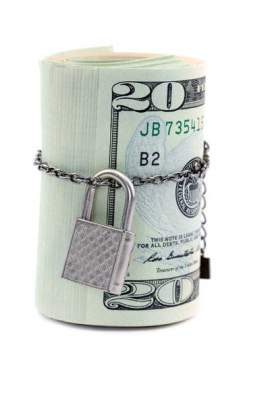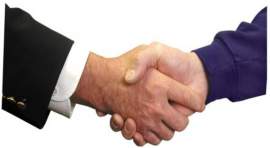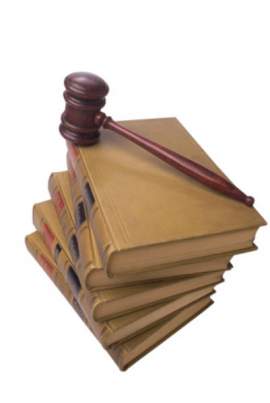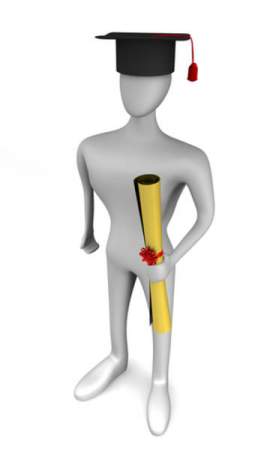
The Procedure of Interviewing Witnesses

Popular In Paralegal
Defendants Right To Appeal Common Law Heritage Functions Of Law Infancy Insanity Intoxication Judicial Interpretation Common Law Legal Analysis Litigation Pretrial Motions Third Party Rights Roles Of Paralegals In Adr Legal Research Validation Paralegal Classification Of The Law
In addition to researching and compiling all pertinent information, a paralegal must also interview relevant witnesses involved in the legal matter.
Conducting interviews is a crucial role performed by legal assistants, one that must follow a thorough process. The reach of the paralegal also extends to expert witnesses; lawyer's schedules are often times jumbled, much of the duties in regards to witnesses are relegated to the paralegal. The process that a paralegal must follow in regards to conducting interviews requires many steps and must be painstakingly followed in order to sufficiently fulfill the duty.
Before conducting interviews a paralegal must be aware that interviewing a witness is far different than sitting down with a client. A witness is impartial, however, there may underlying motives towards his/her sentiments.
Depending on the situation a witness may hold a grudge or have observed a prospective client's wrongdoing. If this is the case a witness will often times be difficult to handle, the impartiality will shift towards anger or discontent. In addition to the varying sentiment, a paralegal must also understand the different types of witnesses available. Below is a chart that documents the five categories that a witness may fall under.
• Lay Witnesses-An ordinary witness who possesses factual information as it pertains to the event in question.
• Eyewitnesses-A witness who observed the incident firsthand.
• Friendly Witnesses-A witness who is biased against the client's opposition or sympathetic toward the client's position
• Hostile Witnesses-A witness who is prejudiced against the client and possesses a result that is conflict with the client
• Expert Witness-Discussed below.
A critical aspect to the paralegal's responsibility includes choosing an appropriate expert witness. A paralegal must have a mental checklist before beginning this process, for the decision is critical for settlement and trial purposes. An expert witness is an individual who has some form of professional expertise or training in a particular area.
The expert witness will use his/her knowledge on the legal matter and offer an opinion based on facts and issues relevant to the case. There are approximately 11,000 categories that provide for an expert witness, including over 1,000 medical areas. In order to choose a proper candidate a paralegal must have background knowledge of the issue at hand, as well as a firm understanding of what each expert witness can bring to the case.
With so many options available, the paralegal must pinpoint the exact issue and pair it with the appropriate expert witness. The paralegal must be aware of the general issue in question, while maintaining a general knowledge for the specifics and how the intricacies coordinate with the expert witness.
Following the appointing of the expert witness, a paralegal must then follow appropriate steps when interviewing a witness. The first aspect of conducting interviews is obviously asking questions. The paralegal should phrase each question appropriately-the answers should be complete, and lack ambiguity or misunderstanding.
The paralegal must be able to place himself in the witnesses shoes, a full understanding of what the witness observed is necessary. At the conclusion of the interview the paralegal should provide the witness an open forum. Any additional information or thoughts should be exchanged at this time.
Once the interview is finalized, the paralegal must document all the witnesses' personal information including:address, telephone number, complete name, and other necessary information. Once the questions have been answered a paralegal must perform a review of all witnesses, a competency check is mandatory to ensure that proper information was exchanged.
When checking a witnesses qualifications the paralegal must subdivide the types of witnesses and then apply an appropriate competency test. For example, a lay witness is competent only if he/she actually saw, heard, or perceived the event in question. An expert witness is qualified only if he/she possesses special knowledge, experience, or education in regards to the matter.
Following the competency test a paralegal must guarantee the credibility of the witnesses. After conducting interviews a paralegal will investigate his/her findings to evaluate the validity of statements and the information exchanged.
In addition to credibility, the investigation should also include a thorough review of intentions-Is the witness biased? Is there any reason to believe that the witness has an interest in the outcome of the case which would make the testimony prejudicial?
NEXT: What a Paralegal Cannot Do




















